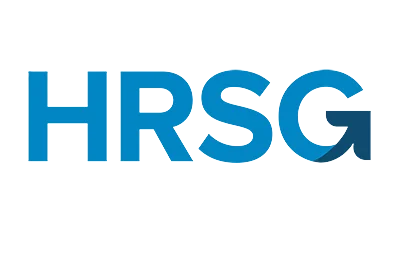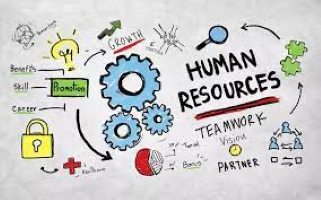Using data is an excellent way of utilizing your resources to improve HR decision making. Human resource managers have increasing responsibilities as time is passing so we look into some aspects that can help HRs to decrease their workload and help in long term decision making.
Importance and Uses of Data:
Data nowadays is considered the most demanding thing in all fields of life.
It assists us in informed decision-making in fields ranging from business and healthcare to public policy and education. It helps identify trends, assess outcomes, and make choices based on evidence.
In problem solving data helps us in analyzing the situation of the problem, how the issue occurred, on what circumstances it is based on. It helps in research and innovation through previously gathered data. To optimize the processes. Electronic health records, clinical trials, and genomic data have transformed healthcare.
Data For Human Resources:
Similarly to improve HR decision making we use data gathered from different sources. It can be any type of data whether it is based on employees personal information, office’s old bills, paychecks, office annual reports, employment history, attendance and leave records, legal records etc.
- For Recruitment and Selection:
HR consulting services can use formerly gathered data to recruit and analyze new employees based on sources, methods, or criteria that lead to the best hires.
- Trainings and workshops:
Data can assist HRs to make timely decisions on future training and workshops for their employees.
- Research and development:
Based on previously gathered data new research can be performed for the development of the business.
- Performance Management:
To manage the performance of employees, human resources managers can use data that supports performance evaluation. It tracks employee goals, achievements and areas for improvements.
- Succession Planning:
Businesses need super employees for their growth. Data identifies future leaders through performance and developments, so these people can be polished further for succession planning.
- Employee Compensations and benefits:
Data on industry benchmarks, salary surveys, and internal compensation trends can inform decisions about salary structures, bonuses, and benefits packages.
- Employee Surveys and Guides:
Employee surveys and feedback data can guide decisions for improving the work environment, addressing concerns, and enhancing employee experience.
- Health and wellbeing :
HR technology solutions use employee health data for making sound decisions about health and welfare programs.
To leverage data effectively, HR professionals need tools and technology for data collection, analysis, and reporting. Additionally, they should have the skills to interpret the data and use it to inform strategic decisions. Using data-driven insights can lead to more informed, objective, and evidence-based HR decisions, ultimately benefiting both the organization and its employees.






